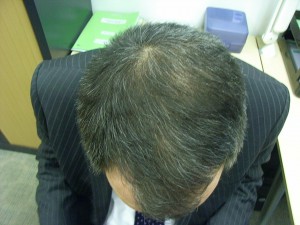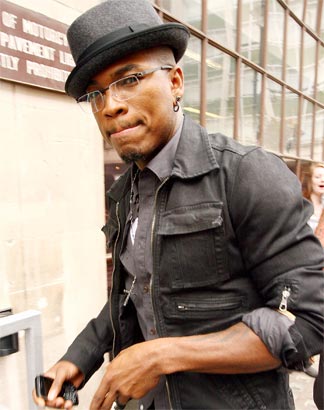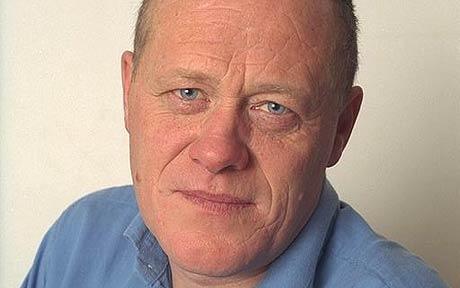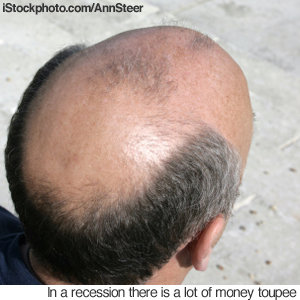09.08.2010
in HAIR LOSS HEALTH NEWS

It’s supposed to be a mark of distinction, but going gray appears a big worry for men in Britain today.
Hair color is the No1 appearance concern, with more than half of men worrying about graying hair, according to a poll by market research firm Mintel. Forty-five is the age when panic bites.
“Although gray hair is traditionally seen as a mark of distinction in men, the reality is many are unhappy with their newfound gravitas,” said Mintel boss of beauty research Vivienne Rudd.
“The physical changes associated with aging can act as a catalyst to mid- life crisis, and our research discovered that men become less content with their appearance after the age of 45.”
Hair loss or thinning is the second most common concern, worrying 40 percent of respondents in the survey of 2,000 men.
Unwanted hair (in the nose and ears) bothers 38 percent of them, being overweight 37 percent, and yellowing teeth 30 percent.
Men generally appear to be more accepting than women when it comes to appearance, but at 45 they are increasingly less happy with their looks.
More than a quarter of men aged 45-54 dislike four aspects of their appearance compared to an average of just over one in 10 men overall.
As with all men, hair is the biggest concern for those aged over 45, with more than half of those in the 45-54 group fretting about loss. Graying hair worries 75 percent of men in this group, though fading or thinning hair isn’t the only concern: close to half of them worry about nose or ear hair.
Rudd also notes that working later into life as the population ages brings older men into competition with younger colleagues. “As a result, older people may feel the need to try to maintain appearance and therefore bring a future boost to the male grooming market.”
Despite the high level of concern that many men display about their appearance, as many as 45 percent do not bother with personal-care products, and this rises to over half of those aged between 45 and 54. Just over a third of men use as few such products as possible, and 31 percent have hardly any interest in them.
Older men are far more likely than younger men to regard beauty and care products “as being completely unnecessary and are also less content with the product results,” Rudd said. “The cynicism extends not only to claims that beauty products make but also to a reluctance to try beauty services.” REUTERS
MALE HAIR LOSS
See our ‘Before and After’ Photos
Do you have Hair Loss Problems, read our Hair Loss Help










